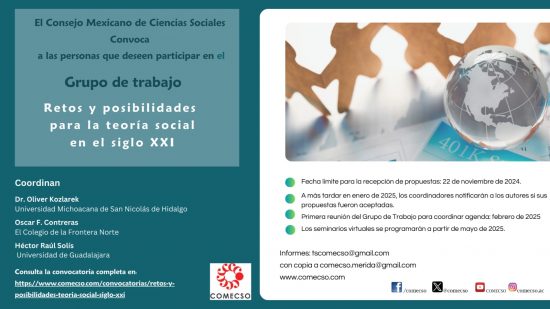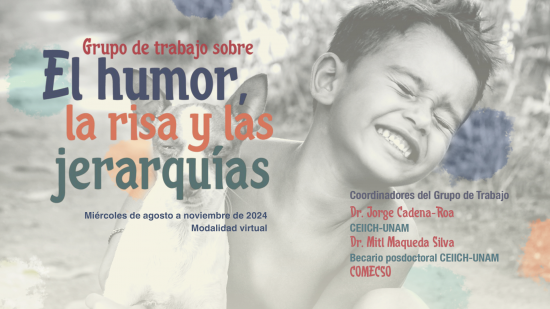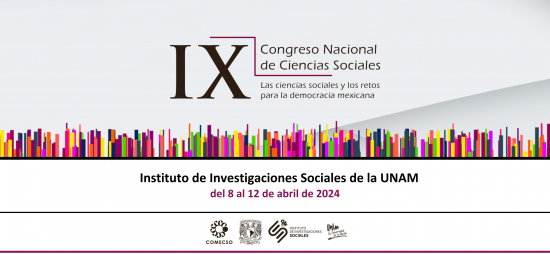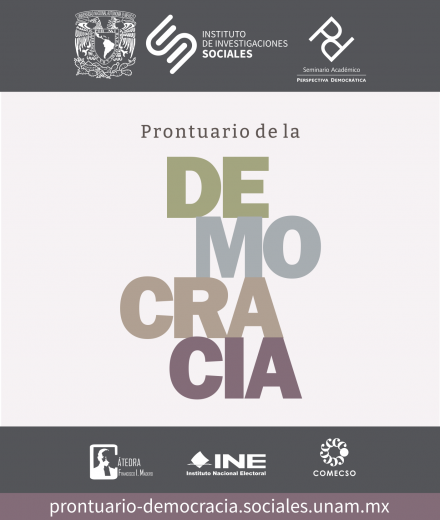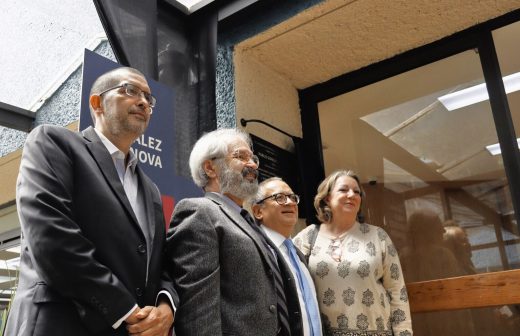Tasas de aceptación de revistas académicas
Tasas de aceptación de revistas académicas revisadas por pares: una encuesta de literatura.
Acceptance rates of scholarly peer- reviewed journals: A literature survey
La tasa de aceptación de las revistas académicas es un criterio de selección importante para los autores que eligen dónde enviar sus manuscritos.
1. Introduction
An important feature of scholarly journals is that they only accept manuscripts for publishing via a process called peer review. The purpose of involving anonymous experts is to filter out scientifically correct manuscripts of novelty value, as well as help improve manuscripts with potential for publishing (Ware, 2008). The acceptance rate of top journals in some fields can be as low as around 5%, meaning that the vast majority of submissions are rejected. It is because of the scarcity of publication “slots” in such journals, that getting accepted in them is so valuable to academics in promoting their careers.
Several studies have shown that the acceptance rate is an important factor influencing the choice of journal (Frank, 1994; Tenopir et al., 2016). Most authors have at some stage in their careers experienced the frustration of getting a rejection decision, often after a delay of se- veral months. Submitting an article to a journal offering a realistic publication chance is thus crucial, but few journals openly advertise their acceptance rate. It is very difficult to find such information systematically collected for alternative journals in the same field. In practice authors often have to rely on word of mouth from colleagues.
In most journals a lot of manuscripts are rejected already in an early stage by the editor or the editorial office (“desk re- ject”), without even being sent out to peer reviewers for evaluation. Such manuscripts could be out of the subject scope for the journal, of substandard language and presentation, or of no scientific significance. Some highly selective journals even use pre-submission inquiries to filter out manuscripts not worth the effort of a full peer review.
Te puede interesar
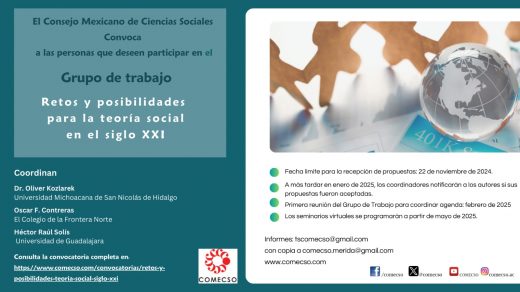
Retos y posibilidades para la teoría social en el siglo XXI
comecso - Nov 20, 2024El Consejo Mexicano de Ciencias Sociales, A.C. Convoca a las personas que deseen participar en el Grupo de Trabajo Retos…
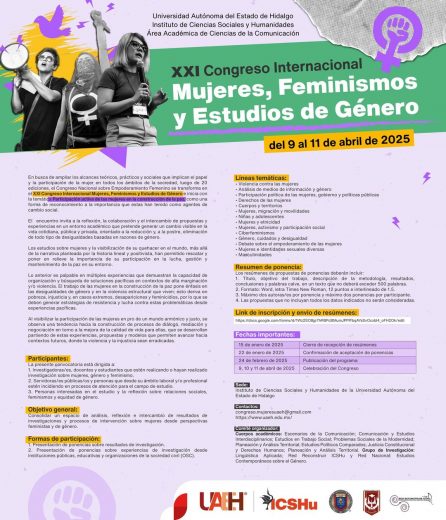
XXI Congreso Internacional Mujeres, Feminismos y Estudios de Género
Laura Gutiérrez - Nov 21, 2024Universidad Autónoma del Estado de Hidalgo, Instituto de Ciencias Sociales y Humanidades, Área Académica de Ciencias de la Comunicación XXI…

XIII Premio Iberoamericano en Ciencias Sociales
Laura Gutiérrez - Nov 20, 2024Con el objetivo de promover y fomentar el desarrollo de las Ciencias Sociales en el ámbito iberoamericano, así como la…



